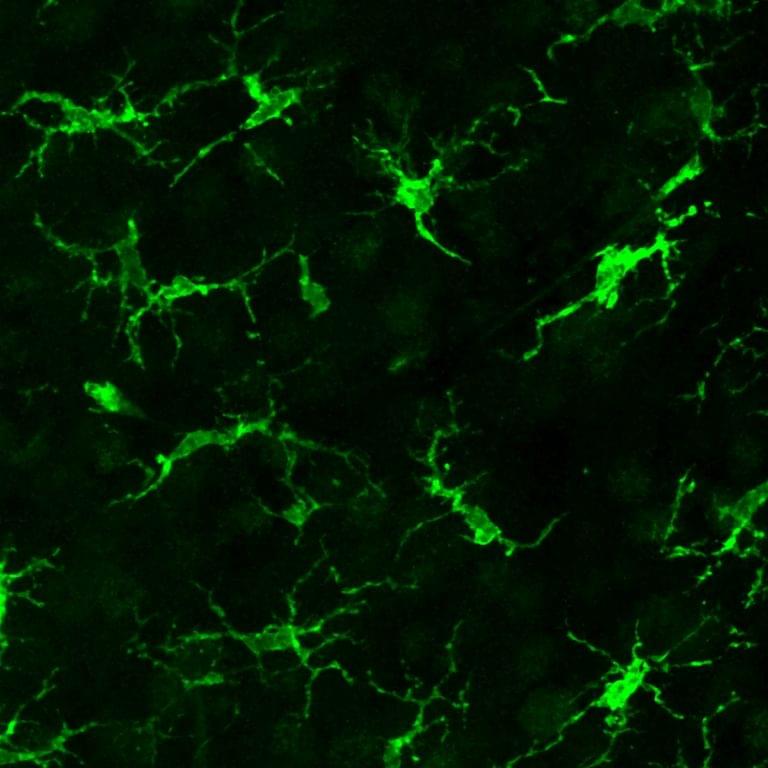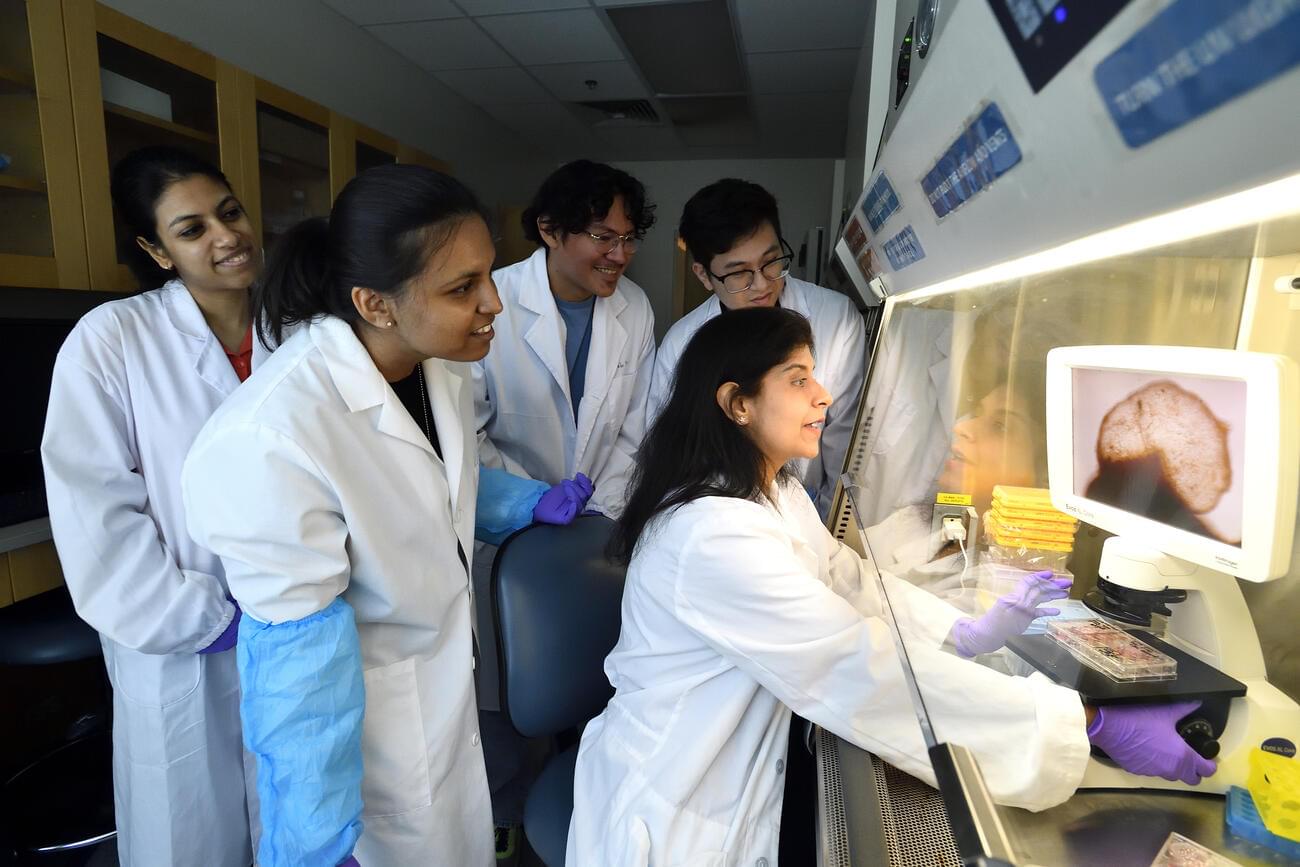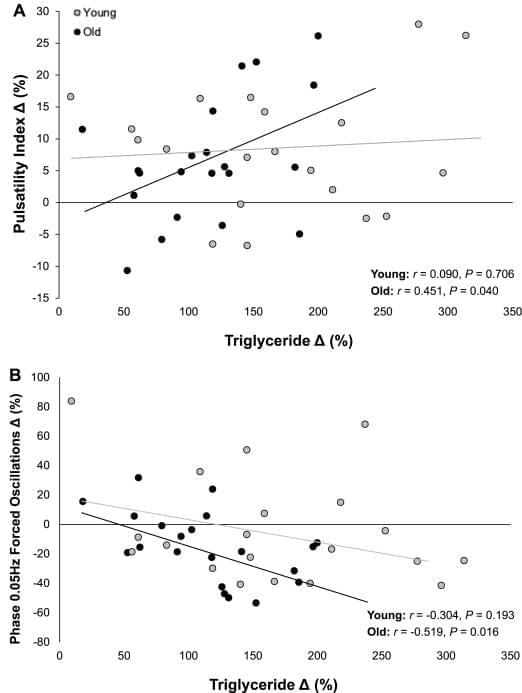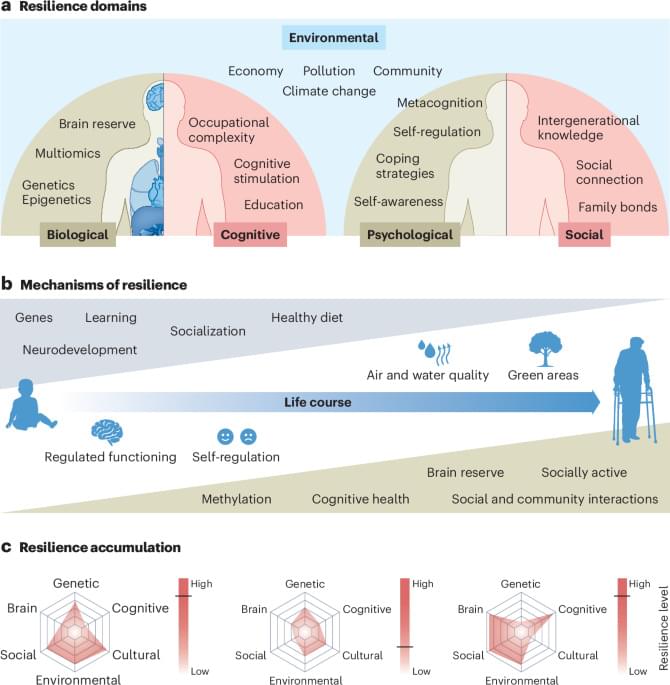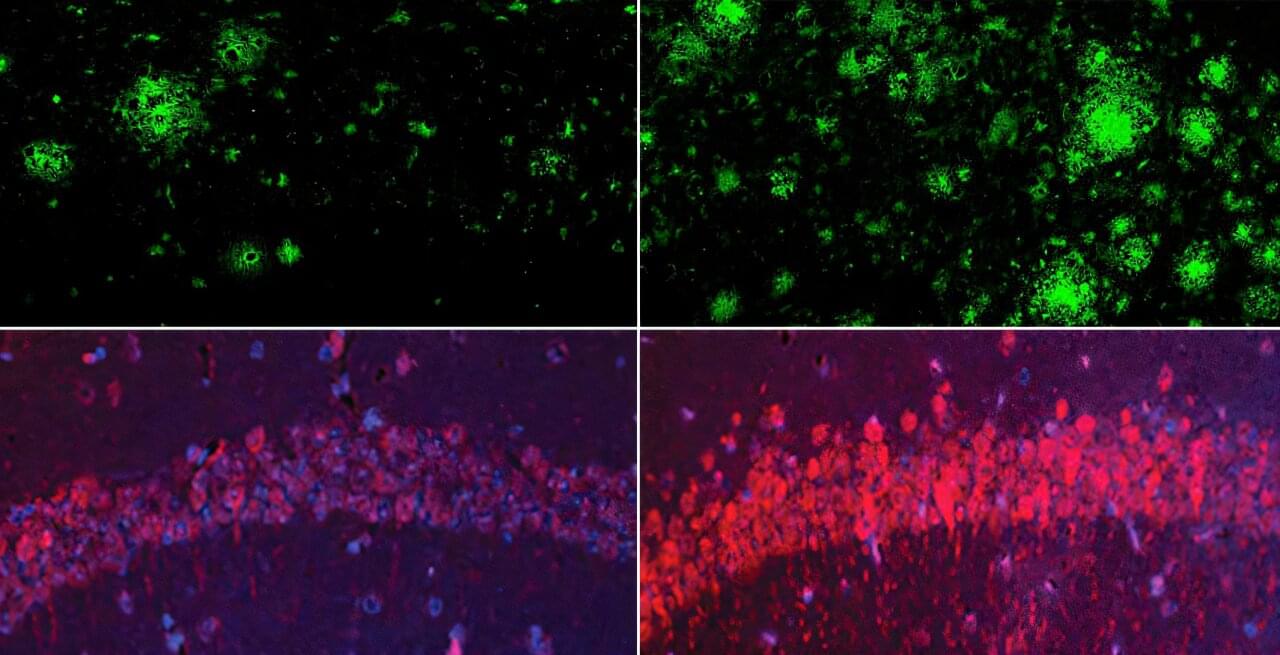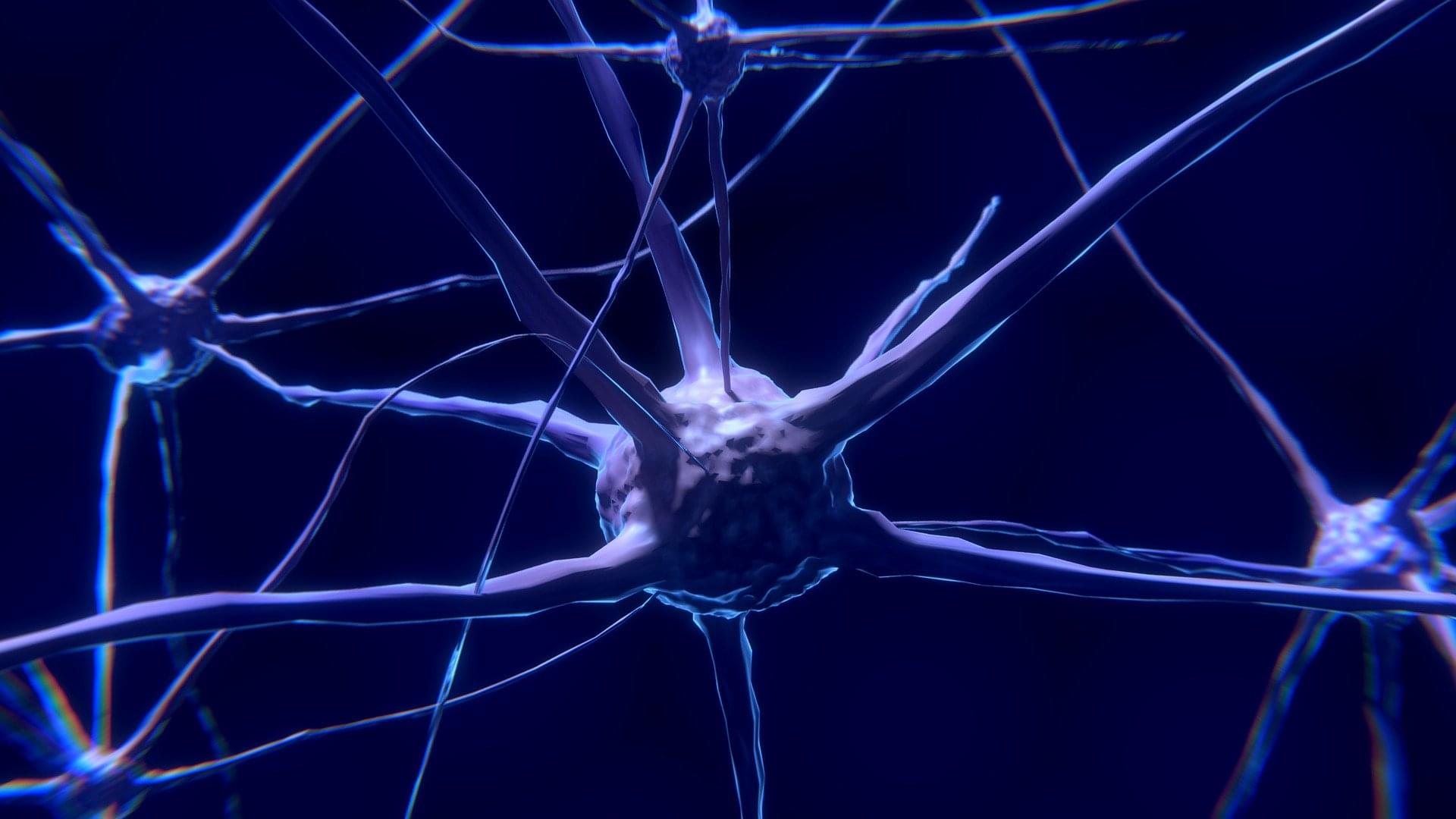Oxygen deprivation around birth can lead to brain damage in babies, with far-reaching consequences. A new stem cell treatment administered via nasal drops is showing promising results. In a safety study conducted at UMC Utrecht, called PASSIoN, ten newborns received this ‘intranasal stem cell therapy’ shortly after birth. Most of the children showed remarkably positive development: they started walking earlier on average than untreated children with comparable brain damage, had no motor impairments, and none developed epilepsy or visual problems. The study results were published today in the scientific journal Stroke.
All ten babies in the study had a perinatal stroke: a type of brain injury that occurs just before, during, or shortly after birth, damaging the developing brain. This kind of injury can lead to long-term neurological problems such as cerebral palsy (CP), a condition that affects movement due to early brain damage.

